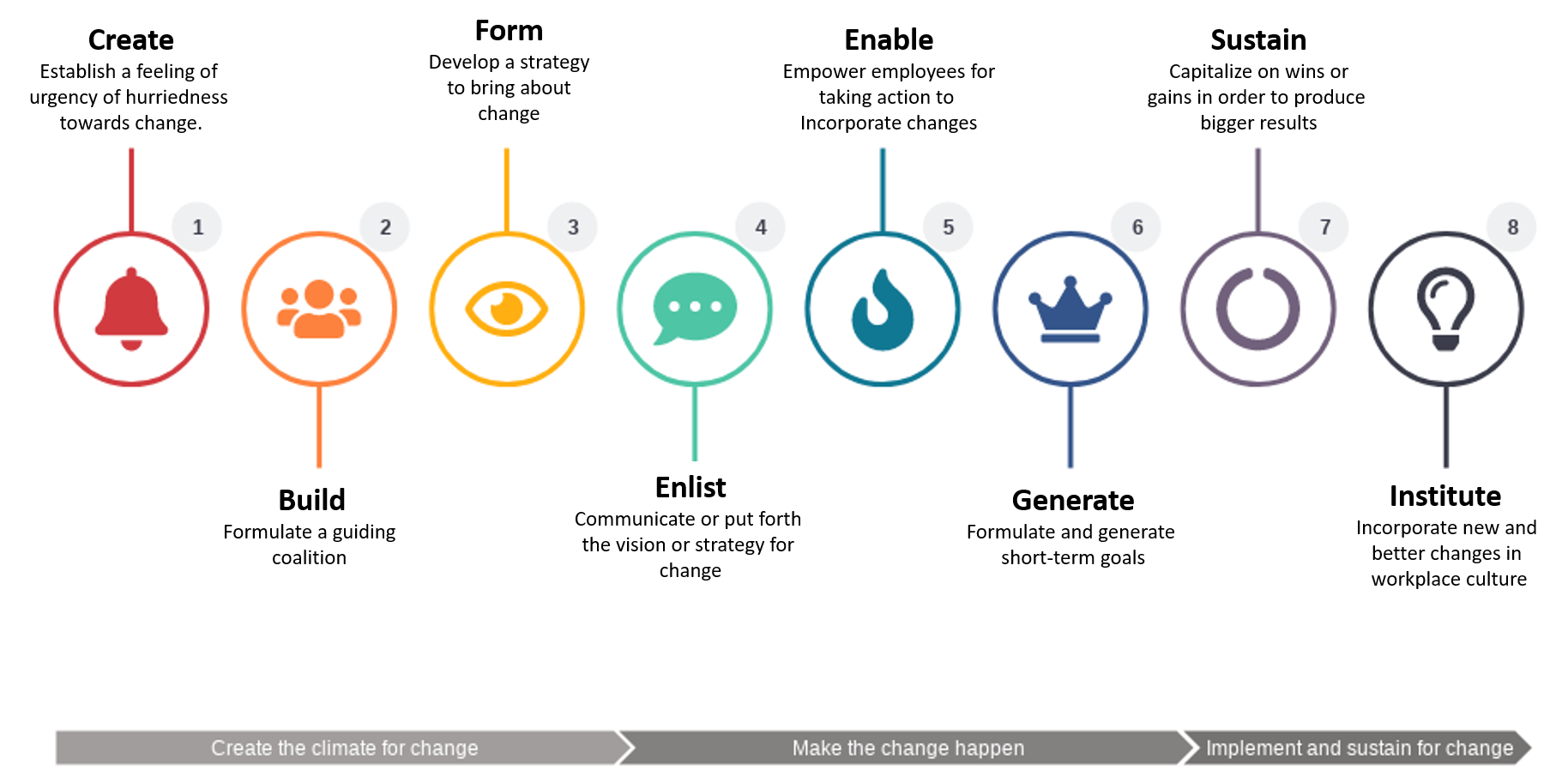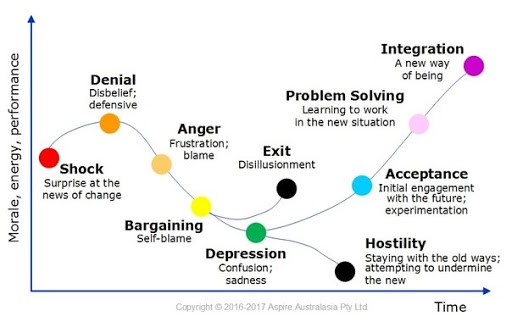
29 Jul 2020 by AXXELIS
By Odile Hettler
Change is part of life. As one of our Axxelis members already highlighted in a 2018 newsletter, the healthcare ecosystem is going through a big transformation forcing its stakeholders to work closely and to share knowledge and expertise as never before in order to develop solutions that will save lives.
Patient-centric strategies, pay-for-performance contracts and putting artificial intelligence and predictive analytics at the heart of operations are examples of key initiatives which are part of this transformation. But implementing change in healthcare has been traditionally slow because it is a highly institutionalised field. Changing norms is measured in years or decades but rarely in days or months.
Then covid-19 came along with its lot of uncertainties and disruptions which have in the meantime become the new norm. This is unlikely to change until a vaccine becomes broadly accessible.
Flexibility of the workforce in response to demand and supply challenges, adoption of digital health (and telehealth) and adoption of remote working (including its impact on people, security of technology and decision making) became acute challenges which life science companies and healthcare professionals had to tackle overnight.
So, what can be done about this?
At Axxelis, we apply validated frameworks and tools to support change with our clients. John Kotter’s 8-step change model is just one of them.
The first step is about creating a climate for change. The next step is about engaging and enabling the organisation. And the last step is about implementing and sustaining change. From our experience, we have learnt that successful change occurs when there is: a commitment, a sense of urgency or momentum, stakeholder engagement, openness, a clear vision, clear communication, strong purpose and leadership and a well-executed plan. Kotter’s 8-step change model below recognises each of these characteristics.

Covid-19 has been a formidable accelerator of change (time to go through the model of change was compressed) in all sectors, including in healthcare. But change, as much as it is part of our life, feels very uncomfortable for most, if it is not facilitated and supported.

Source: Aspire Australasia Pty Ltd 2016
As shown in the above chart, a cascade of emotions is at play during the change process. When the process is compressed, as it was during the first covid-19 wave, it triggers an emotional storm which directly impacts on mood, energy levels and wellbeing and ultimately on the overall performance and productivity of employees.
At Axxelis, secular mindfulness practices have been at the core of supporting clients in the change management process. By creating opportunities for people to pause and to become aware of thoughts and emotions, there is the option to skilfully respond rather than to merely react to the change. This does not mean playing down or blocking thoughts or emotions, especially when they are negative ones, but rather acknowledging them and working with them. Becoming aware of thoughts and emotions and noticing how they impact body and mind, is the first step in the change journey towards meaningful and generative change.
At Axxelis, we developed the following change model:

Implementing self-awareness and self-compassion tools through regular practice gives people the opportunity to better know themselves and to “lead themselves”. By developing better listening and communication skills and living with purpose, people become better leaders. And it is the ripple effect of all these generative changes which contributes to organisational transformation and impacts on society.
Axxelis facilitates meaningful change through designing and delivering customised mindfulness and coaching programs, at the individual level and for teams.
The Axxelis team including Eric Gillain, Karen Spruce and Odile Hettler applied this model in real-life with clients, including a top 10 pharma company in the middle of a restructuring effort.
According to Paul Romer, who is an American economist and co-recipient of the Nobel Memorial Prize in Economic Sciences (shared with William Nordhaus) in 2018, “A crisis is a terrible thing to waste”.
Contact us now to discuss your needs.
Odile Hettler Pharm.D, MBA – Healthcare Consultant.
Suggested links:
https://en.grenoble-em.com/news-covid-19-impact-analysis-and-experience-dba-student
GRENOBLE ECOLE DE MANAGEMENT PRESS RELEASE





